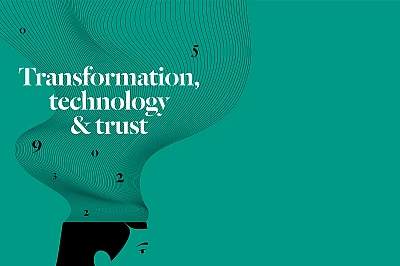Despite the early start that Novartis made with digital transformation, the process has not gone as far within the legal function as in other parts of the business.
But Matt Owens has no doubt AI will play an increasingly important role, not least in assessing materials used to inform healthcare professionals.
“We’re looking at whether we can use AI to help us with our legal review of promotional and medical materials,” he says, adding that this is set to become an overwhelming task.
“As we move forward as a business in how we engage digitally with HCPs, we are going to try to create even more personalised content. The days of sending out sales reps with very static pieces of information that they relay to physicians – those days are going to go away and to some extent already have.”
But creating customised materials for each individual doctor poses a challenge. “As a lawyer, that means we would have to review every single iteration and combination of materials. That’s just not practical. We are going to have to find something like an AI tool to help us in some lower risk areas.”
The initial instinct is not to build such systems internally but to turn to outside suppliers if a reliable, cost effective solution already exists.
But neither Matt nor Fleur sees much evidence of external law firms coming forward to help in-house teams speed the process of digitalisation for their clients.
“I think they all talk about it but I can’t think of a firm that really stands out there,” she says, adding that she can think of only one specialist firm, set up by a former colleague in private practice, which seems to have locked earlier onto this area of advice.
As the march of AI gathers pace, that is a gap in the market that is likely to be quickly filled.
An interview with Fleur Herrenschmidt, Head Legal Pharma, Region Europe, Novartis, and
Matthew Owens, Global Head Legal Digital, Novartis
